
Watch Dogs: Legion Review
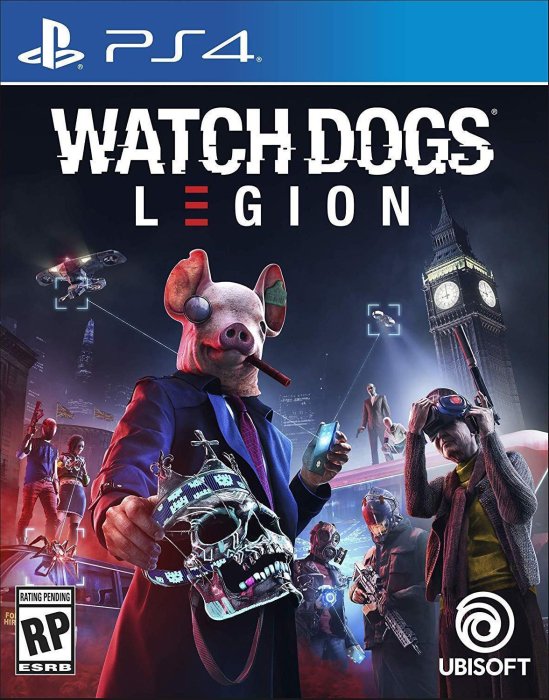
Pros
- Graphics look great at night
- Recruitment system is ambitious
- London is well realized
Cons
- Awful dialogue
- Repetitive mission design
- Frequent loading
Back for a third outing, Watch Dogs: Legion is finally released following a delay of more than seven months, originally slated for March 2020. With such a lengthy delay, there was cause for optimism that the game would become more polished and come packed full of features to build upon the promising reveal of their recruit anyone system. Watch Dogs has always been seen as the third wheel of Ubisoft’s open world games with the past two previous entries having a mediocre reception so there was hope that it would be different this time around.
Gone are the sunny streets of the San Francisco Bay area from Watch Dogs 2, this time around, London in the near future is the focal point as the story focuses on an all-seeing surveillance state that has the people oppressed. Private Military Companies govern the streets on the outside while the fearsome Clan Kelley rules the underworld as the Metropolitan Police sit idly by. It is an interesting premise for what could be a realistic situation and you take the role of a resistance member tasked with getting the DedSec Resistance back together. It is a promising story and there are some interesting characters involved in the main plot, not least, the satirical AI, Bagley. Unfortunately, the story does take predictable twists and the game suffers from the lack of an interesting protagonist due to the ambitious gameplay system that allows you to play as anyone.
You’re able to recruit anybody you see to join the resistance.
As such, there is no better place to start than with this system, the main focus of Watch Dogs: Legion and what everything revolves around. As mentioned before, every single person you see out in the world can be recruited to join the resistance and help you take back London. When you scan the people out in the world, you’ll notice that they come with various skills such as being able to download keycards from any distance, taking less physical damage or even coming with their own personal vehicles and weapons. Once you have identified a recruit, go over and speak to them to trigger a Recruitment Mission which will usually end up in you visiting an occupied area that most of the time, will require you to hack something. I highly recommend enabling the Permadeath setting, this really allows you to make full use of the system knowing that at any time, you could lose a favorite operative and you’ll need to ensure you have a large roster to draw from.
…cliché dialogue with even the most normal looking person sounding like they just dropped right out of a Guy Ritchie movie.
On the surface, this sounds interesting and it is, for the most part, an incredibly ambitious system however when you start to delve a little deeper, the cracks appear. To begin with, due to the fact that every character you recruit needs to have spoken dialogue for the story cutscenes, lip syncing has taken a massive hit, to the point that it never matches most of the time, save for the few important story based characters. Likewise, the lack of a central protagonist is sorely felt here too, Bagley, the AI, is as close as you’ll get to a focal point as DedSec as a whole are the protagonist. Every character’s dialogue also suffers from the incredibly cliché dialogue with even the most normal looking person sounding like they just dropped right out of a Guy Ritchie movie. Perhaps the most disappointing out of the lot however is the fact that the skills on these characters just don’t matter that much, add to the fact that if you decide to liberate the boroughs, you’ll get given better recruits anyway makes the whole system a huge missed opportunity.
Skills in general seem to have taken a massive step back from the previous Watch Dogs games with there being very few interesting ones. Indeed, the Spider Bot skill is by far the best to invest in as its versatility makes most missions a dawdle and trivializes a lot of the content. You can purchase skills to take control of the various drones that patrol London and the Cargo Drone is useful to get around but for the most part, you’ll never need to make use of them outside of the final few missions where it can help to be able to turn enemy drones against your attackers. The Spider Bot is also the go-to for most missions, many of which will have you crawling through vents to reach switches to disable security or hack a computer for vital information. The first few times you do this, it is interesting, but it soon becomes clear that this is the only method for 90% of the game. Outside of these skills, you can purchase DedSec weapons such as a SMG, Shotgun or Grenade Launcher, all of which are non-lethal and lack any real oomph behind them.
The Spiderbot is by far the most useful gadget for the entirety of the game.
Repetition seems to be the name of the game when it comes to Watch Dogs: Legion, mission design involves doing the same thing for the most part and despite London being well realized and looking the part, you’ll often find yourself back to the same few locations doing the same tasks, making it a real chore. Driving remains floaty but has seen a slight improvement over Watch Dogs 2 at least although this may be due to the way that London is as a city, there’s precious few areas where you can really pick up the speed. Being able to hack traffic lights has also been removed from the game which was always one of the more interesting things to partake in while driving about. The largest offender, however, are the hacking puzzles. You will come across these early in the game as you must reroute power to unlock security systems and this is even interesting the first few times you come across it but as the game goes on, you’ll be doing this same puzzle over and over again to the point that you’ll even need to use it on certain boss battles.
Frustrating further, the combat system has not been improved enough, even with a new melee system in place. You can now dodge strikes at the last minute to cause time to slow down or vary between light and heavy strikes. It is a simple system and one that doesn’t do much to add more depth to combat while gunplay is still as mediocre as ever. Gunplay has never been a strong point of most open world games and Watch Dogs: Legion doesn’t break the trend there, you’ll almost certainly want to make use of snap targeting just to make it more bearable and your choice of weaponry for the most part are rather unremarkable. I was able to finish the final mission using just a simple silenced pistol and, while the options exist for a Shotgun or SMG, the need never arose giving the skills that effect gunplay even less value.
There is some joy to be found out in the streets of London however, the city is well realized and as someone who’s spent a lot of time there, it’s great to go around and see the sights, especially with a lot of the roads in place too, I was able to trace many of my journeys. Places such as the Camden market, King’s Cross and more are exactly how I would like them to look and it is this feature that kept me playing for the most part. For players with no familiarity of London, I imagine the world may be less exciting to explore. That’s thanks in part to there not being much to actually do in said world, you’ll find skill points hidden throughout the city but thanks to the lackluster skill system in place, you’re not going to want to go out of your way to collect them. This leaves just audio and text logs to collect and while there are some interesting stories to learn and read from them, it is not enough to be the only real thing to look out for. This is compounded further by the problems of the game sending you to a lot of the same areas multiple times, be it for a story mission or a recruitment mission, leading London to feel a lot smaller than it actually should.
Not being able to enter shops was a really disappointing decision.
Another huge disappointment with London is the complete lack of interior buildings for the most part, outside of the few locations that you visit multiple times. This is a step back from Watch Dogs 2 and an even larger step when compared to games such as Grand Theft Auto V or even Ubisoft’s own Assassin’s Creed games. Any areas that have a substantial interior are accessed by using a keypad on the door followed by a lengthy loading screen (I expect this to be less of an issue on the next gen versions of the game). Loading remained an issue throughout on the PS4 Pro version of the game as it frequently loads for all interiors, after a death, changing to a different operative and more. The in-game currency is also largely useless outside of buying clothes for your operatives and even then, there are no shops to actually visit, every shop is relegated to a simple menu outside of the said shop and while I appreciate the in-game lore of the digitalized version of shopping, it’s clear to see this is more in place to prevent the need to model interiors. Areas like Regent Street and Leicester Square especially are devoid of all life due to this decision.
Repetition seems to be the name of the game when it comes to Watch Dogs: Legion
Perhaps my largest gripe, however, is the dialogue in the game coupled with the terribly stereotypical voice acting. As mentioned above, as someone who lives just outside of London, I was incredibly disappointed to see that every single person, no matter their background or appearance, sounded like Danny Dyer acting in a Guy Ritchie movie and although there are the odd time that you may hear that in London, I can count on my hands the number of times I’ve heard that kind of dialogue in London. Couple this with the fact that the dialogue was written to match these stereotypes and it pulled me straight out of the story at times, often making me want to mute the sound altogether which is a huge shame considering some boroughs of London are well designed but without the effort made to make them feel authentic.
Melee combat is as poor as ever despite a new system in place.
This may read like an entirely negative review and there were many disappointments in Watch Dogs: Legion. I was hoping for them to build upon the promising parts of Watch Dogs 2 but instead, it makes many of the same problems as that game. The game is still fun to play in its moments and I loved exploring London, I was never bored with my time despite the many gripes discussed above. After liberating the boroughs on offer and then focusing on the main story, it took me a little over 20 hours to finish the main storyline and without the Online mode that’s not available until December, there wasn’t enough of a lure for me to revisit London once the credits rolled, even with the new side missions that unlocked.
Disappointing Sequel
Watch Dogs: Legion is a disappointing follow up to Watch Dogs 2, no lessons have been learnt and despite enjoying the sights of London as a local, repetition in mission design coupled with dialogue feeling like a poor Guy Ritchie knock-off leaves a lot to be desired.
Gameplay:
Graphics:
Story:
Value Rating:

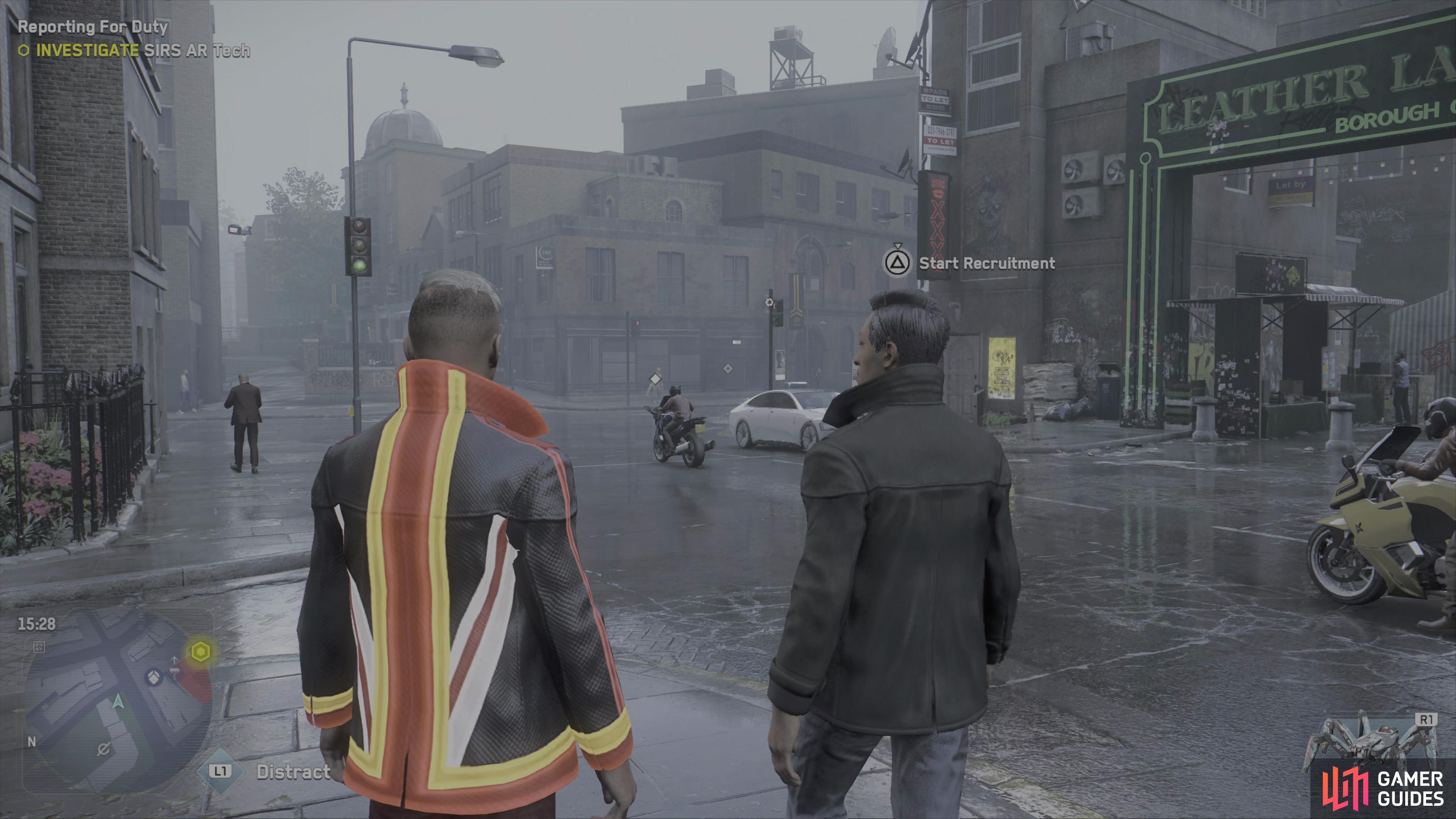
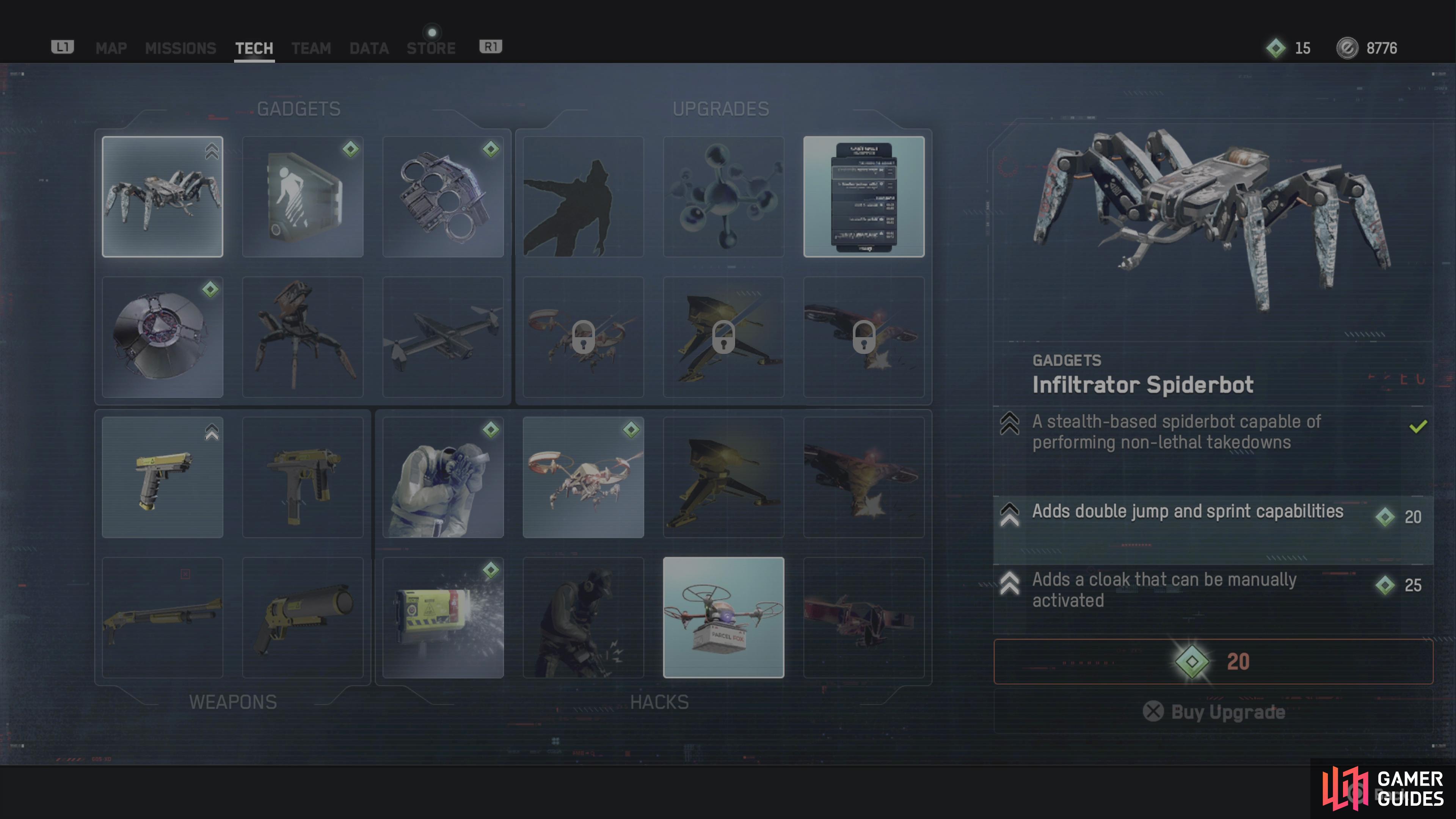
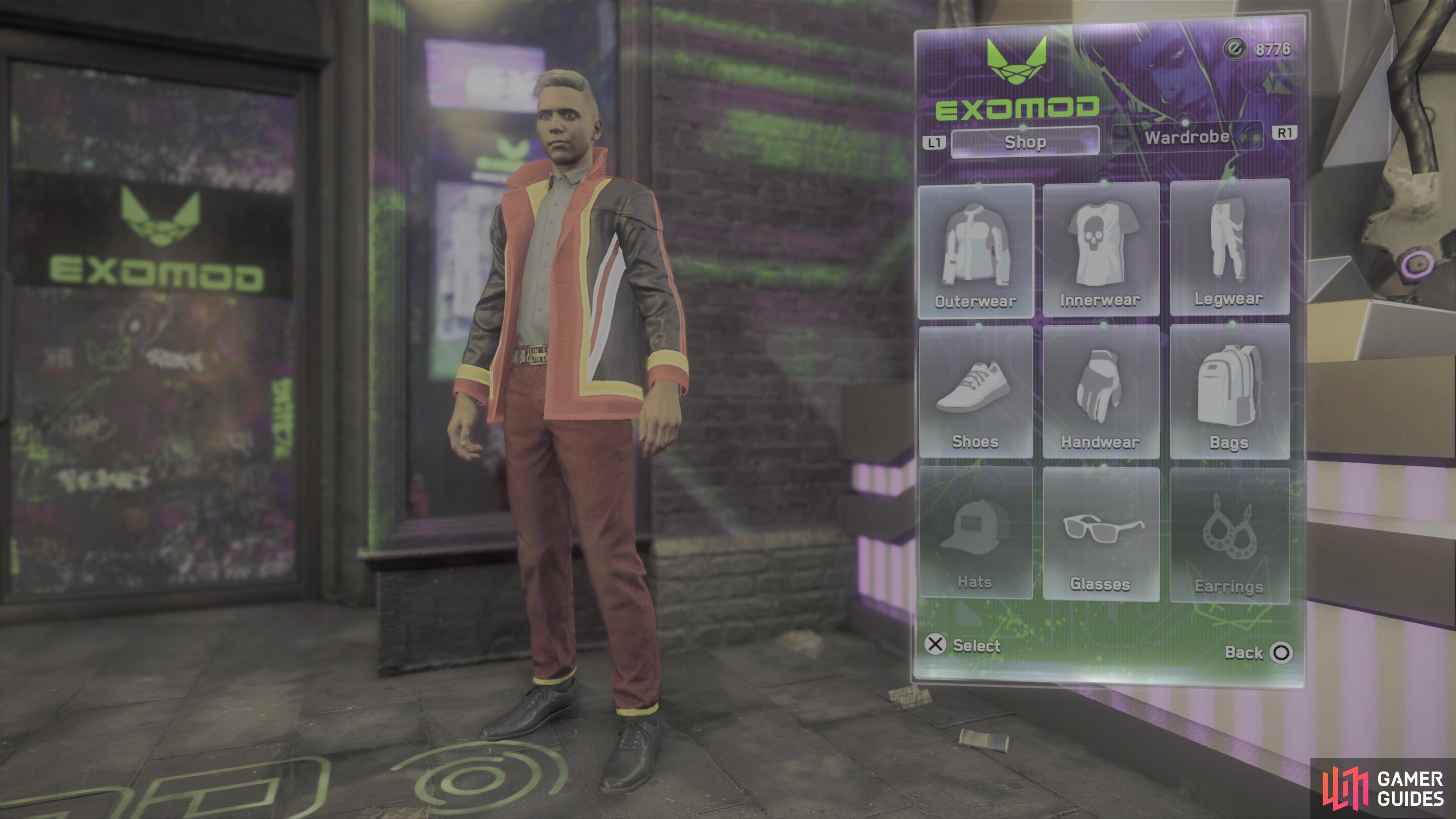
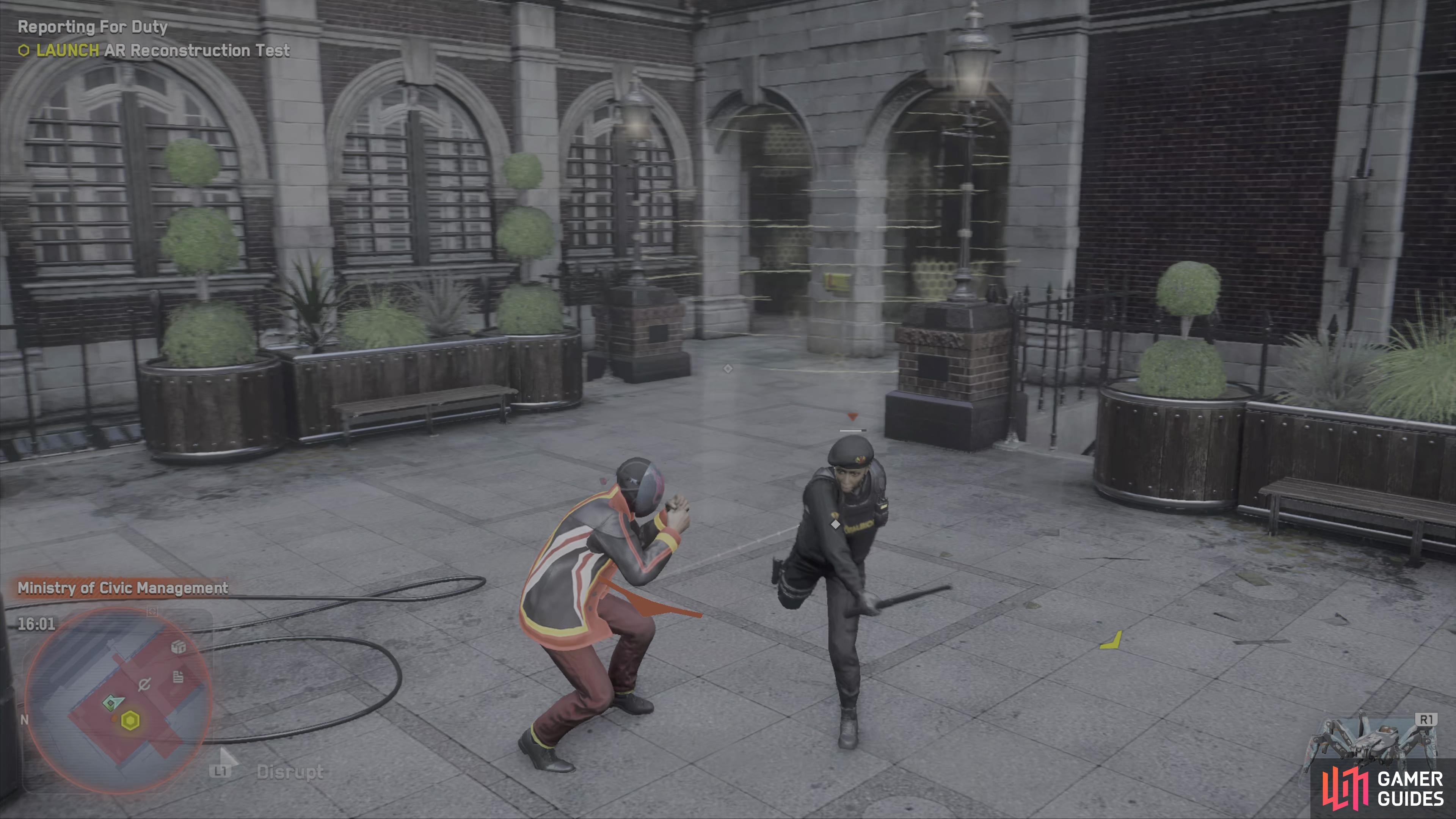
No Comments